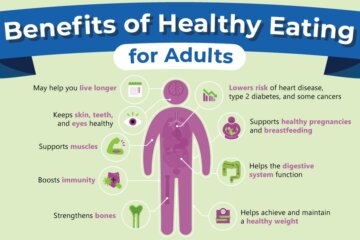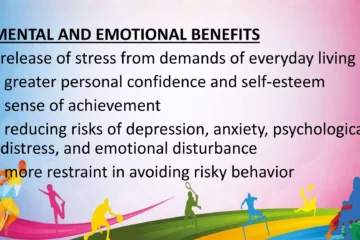Health and fitness have become buzzwords in today’s society, often emphasized in discussions about lifestyle, wellness, and longevity. However, it’s essential to understand that fitness encompasses various dimensions, primarily categorized into health-related fitness and skill-related fitness.In this article, we will explore the importance of both health and skill-related fitness, how they complement each other, and their impact on our overall well-being.
Understanding Health-Related Fitness
Health-related fitness refers to the components of physical fitness that contribute to overall health and the ability to perform daily activities without undue fatigue. It primarily focuses on the following components:
- Cardiovascular Endurance: This is the ability of the heart, lungs, and blood vessels to supply oxygen to the muscles during prolonged physical activity. Good cardiovascular endurance reduces the risk of heart disease, improves metabolic health, and enhances overall stamina.
- Muscular Strength: This is the maximum amount of force that a muscle or muscle group can generate. Building strength is crucial for performing daily tasks, preventing injuries, and maintaining bone density as we age.
- Muscular Endurance: This refers to the ability of a muscle or group of muscles to perform repeated contractions over time without fatigue. Improving muscular endurance can enhance performance in both sports and daily activities.
- Flexibility: Flexibility is the range of motion available at a joint or group of joints. Greater flexibility can improve posture, prevent injuries, and enhance overall physical performance.
- Body Composition: This describes the proportion of fat and non-fat mass in the body. A healthy body composition is vital for reducing the risk of chronic diseases and improving overall health.
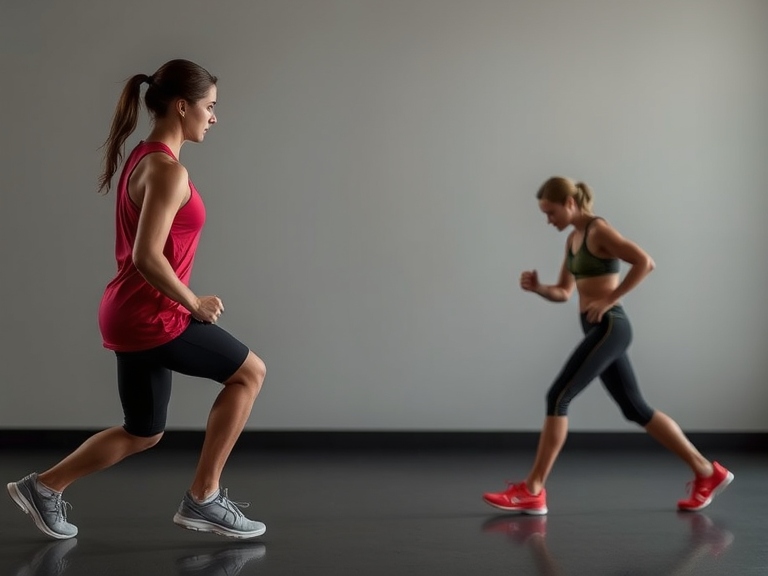
The Importance of Health-Related Fitness
Promotes Overall Health: Engaging in regular physical activity improves cardiovascular health, strengthens muscles, and enhances flexibility. This leads to better overall health, reducing the risk of chronic conditions such as obesity, diabetes, and heart disease.
Enhances Quality of Life: Good health-related fitness allows individuals to perform daily tasks with greater ease and less fatigue. This improvement in functional capacity translates to a higher quality of life.
Mental Well-being: Physical activity is known to release endorphins, which can elevate mood and reduce feelings of anxiety and depression. Regular fitness routines can significantly impact mental health, leading to better emotional resilience.
Increases Lifespan: Numerous studies have shown that individuals who maintain a regular exercise routine tend to live longer, healthier lives. Health-related fitness can contribute to increased longevity by reducing risk factors for chronic diseases.
Understanding Skill-Related Fitness
Skill-related fitness, on the other hand, pertains to the abilities that enhance performance in sports and physical activities. It includes the following components:
- Agility: The ability to change direction quickly and effectively. Agility is crucial in sports such as soccer, basketball, and tennis.
- Balance: This refers to the ability to maintain stability, whether stationary or while moving. Good balance is essential for activities ranging from gymnastics to simple daily tasks like walking.
- Coordination: Coordination involves the ability to use different parts of the body together smoothly and efficiently. This skill is vital in sports and activities that require precise movements.
- Power: Power is the ability to exert maximum force in the shortest time, combining strength and speed. It’s critical in sports that require explosive movements, such as sprinting or weightlifting.
- Reaction Time: This is the time taken to respond to a stimulus. Shorter reaction times can improve performance in many sports, giving athletes a competitive edge.
- Speed: Speed refers to the ability to move quickly across the ground or move limbs rapidly. Speed is crucial in sports and plays a significant role in overall physical performance.
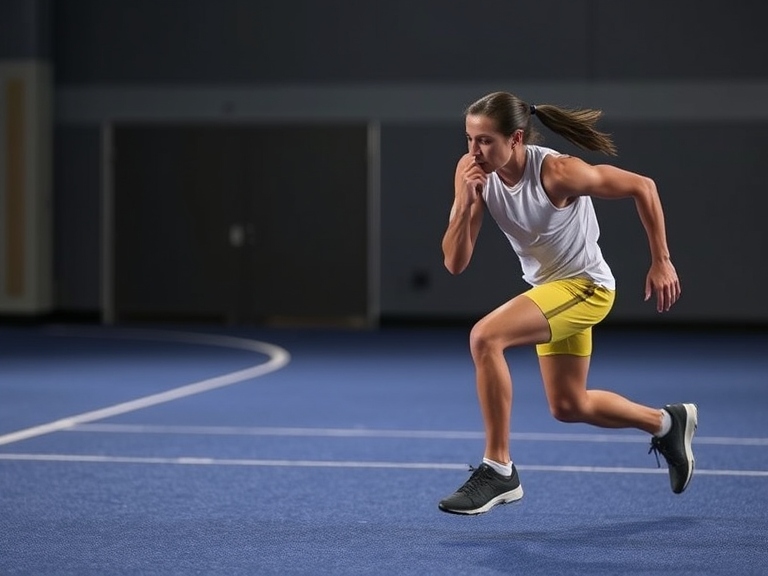
The Importance of Skill-Related Fitness
Enhances Athletic Performance: Skill-related fitness is vital for athletes and individuals who participate in sports. The development of these skills can lead to improved performance and competitiveness.
Injury Prevention: Developing skills like balance and coordination can help prevent injuries, especially in high-impact sports. Athletes with good skill-related fitness are less likely to experience falls or other accidents.
Improves Daily Functioning: Even for those not involved in sports, skill-related fitness can enhance everyday activities. For example, good balance and coordination can make tasks such as climbing stairs or carrying groceries safer and easier.
Boosts Confidence: Mastering skill-related fitness can lead to increased self-confidence. Whether it’s improving your sprinting speed or achieving better balance, these accomplishments can motivate individuals to continue pursuing fitness.
The Interconnection between Health-Related and Skill-Related Fitness
While health-related and skill-related fitness are distinct, they are interrelated and complement each other. Here’s how:
- Foundation for Skill Development: Health-related fitness creates a solid foundation for developing skill-related abilities. For instance, improving cardiovascular endurance can enhance an athlete’s ability to last longer during training sessions, allowing for more time to practice skill-based drills.
- Injury Recovery: Individuals recovering from injuries can benefit from both types of fitness. Health-related fitness can aid in rehabilitation, while skill-related fitness can help in regaining specific athletic abilities.
- Enhanced Enjoyment of Physical Activities: When individuals possess both health-related and skill-related fitness, they are more likely to enjoy a wide range of physical activities. This enjoyment can lead to a more active lifestyle and better overall health.
- Holistic Approach to Fitness: Focusing on both health and skill-related fitness promotes a balanced fitness regime. This holistic approach ensures that individuals are not only healthy but also capable of performing various physical activities with confidence.
Practical Ways to Improve Health and Skill-Related Fitness
To enhance your health and skill-related fitness, consider incorporating the following activities into your routine:
1. Cardiovascular Exercises
Engage in activities that elevate your heart rate, such as running, cycling, swimming, or dancing. Aim for at least 150 minutes of moderate-intensity aerobic exercise each week.
2. Strength Training
Incorporate resistance training exercises at least twice a week. Focus on all major muscle groups to build strength and endurance. Exercises like squats, push-ups, and weightlifting can be beneficial.
3. Flexibility and Balance Exercises
Incorporate yoga or pilates into your routine to improve flexibility and balance. These practices can enhance overall body awareness and reduce the risk of injuries.
4. Skill-Based Activities
Participate in sports or activities that enhance skill-related fitness. Consider joining a local sports team, taking dance classes, or practicing martial arts to develop agility, coordination, and reaction time.
5. Set Goals
Establish specific, measurable, achievable, relevant, and time-bound (SMART) goals for both health-related and skill-related fitness. This can help keep you motivated and on track.
6. Stay Consistent
Consistency is critical in fitness. Create a regular schedule that allows for a balanced mix of cardiovascular, strength, flexibility, and skill-related activities.
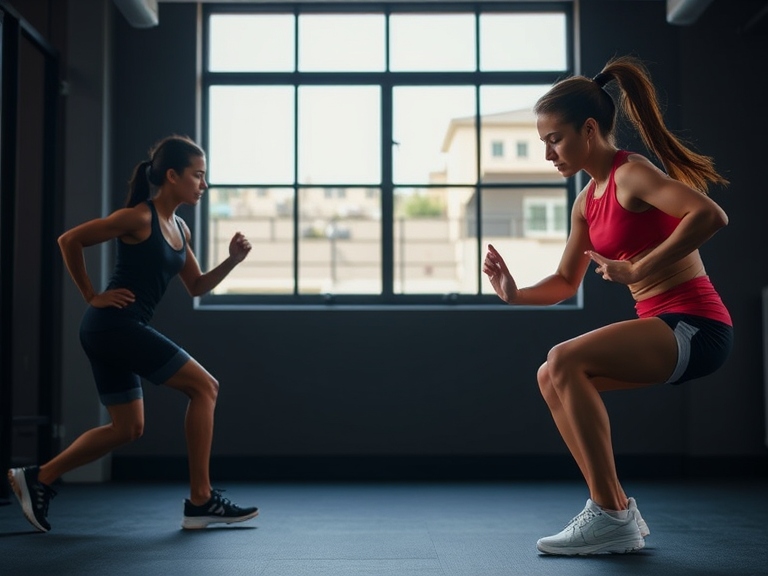
Conclusion
Understanding the importance of both health-related and skill-related fitness is crucial for anyone looking to improve their overall well-being. While health-related fitness focuses on components that contribute to overall health and daily functionality, skill-related fitness enhances athletic performance and the ability to enjoy physical activities.
By integrating practices that promote both types of fitness into your daily routine, you can enhance your quality of life, boost your confidence, and reduce the risk of chronic diseases. Remember, fitness is not just about looking good; it’s about feeling good and being able to enjoy all that life offers. Whether you’re an athlete, a fitness enthusiast, or someone looking to improve your health, prioritizing both health-related and skill-related fitness will pave the way for a healthier, more active lifestyle.

“As the voice behind Radiant Glow Health, we are dedicated to being your ultimate wellness and vitality companion. Our mission is to inspire and guide you on your journey to a healthier and more vibrant life. Join us as we explore holistic health practices and empower you to radiate wellness from within.”

